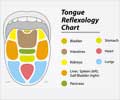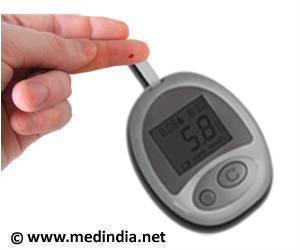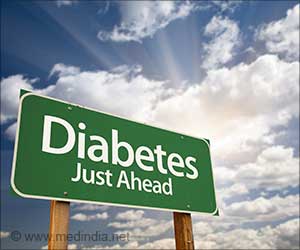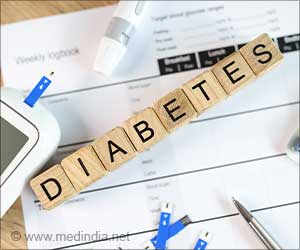Maintaining proper dental hygiene could help diabetic patients on cutting down their medical costs by 10 to 12 percent per month.
Preserving dental health could help in cutting down medical expenses by 10 - 12 percent as the body reacts to the microbes causing dental infections by producing proteins or chemicals called inflammatory mediators.
Ulcers and open sores in the gums become passageways for these proteins and for the bacteria themselves to enter the body's blood circulation. These inflammatory mediators, as well as some parts of the bacteria, prevent the body from effectively removing glucose, or sugar, from the blood.High level of blood sugar is known as poor diabetes control which often leads to serious diabetes complications such as vision disorders, cardiovascular and kidney disease and amputations, among others.
"Cleanings and other non-surgical periodontal treatment remove the harmful bacteria," said George Taylor, University of Michigan associate professor of dentistry, who also has an appointment in epidemiology in the U-M School of Public Health.
"We believe this helps prevent the body from producing those harmful chemicals that can enter the systemic circulation and contribute to poorer diabetes control," he added.
During the study, the researchers analysed the data of 2,674 patients aged 18-64 who were enrolled in Blue Care Network study between 2001 and 2005, and had at least 12 consecutive months of medical, dental, and pharmaceutical coverage.
"We found insured adults with diabetes in Michigan who received routine periodontal treatment, such as dental cleanings and scaling, have significantly lower medical care costs than those who do not. These results could be meaningful to individuals, employers, health care providers and insurers," Taylor said.
Advertisement
The study also showed that combined medical and pharmaceutical monthly costs were 10 percent lower for patients who received one or two periodontal procedures annually.
Advertisement
PRI/SK














